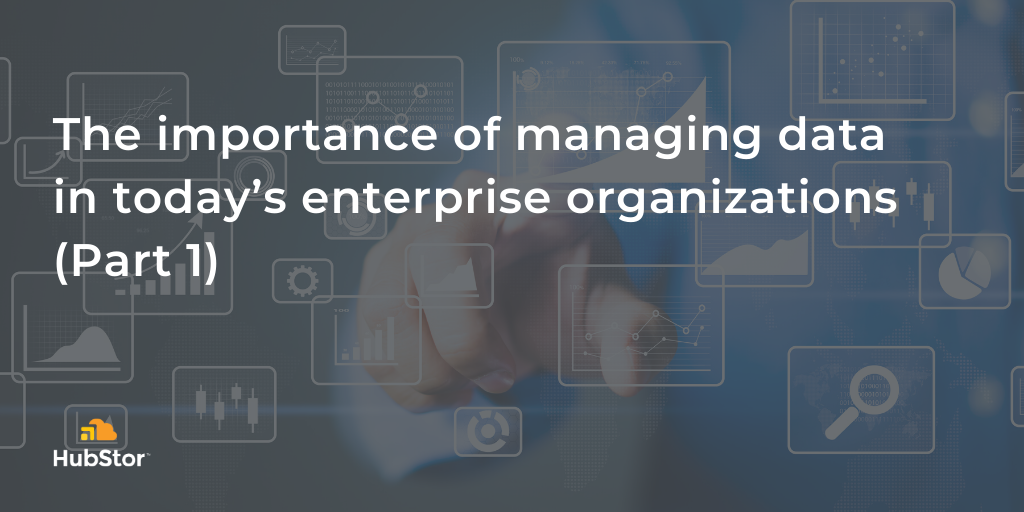The rise of embedded devices, machine learning, high-resolution video and audio, automation, and machine-to-machine technologies has led to a rapid increase in the volume of data organizations are storing. The sheer volume of data is a growing concern for enterprises.
At the same time, organizations are retaining more and more user-generated content, which they must manage while addressing current and emerging data privacy regulations, security threats, and legal discovery.
IT teams are responsible for the maintenance of significant legacy investments in on-premises infrastructure, while many groups are trying to take advantage of cloud-based infrastructure and services to improve operational efficiency and reliability.
This adoption of cloud technologies is an extra layer of complexity that presents both challenges and opportunities. Therefore, IT leaders require a careful strategy for cost-efficient protection and management of the data in a hybrid cloud model that addresses the use cases that make the biggest impact for today’s organizations.
Why cloud data management?
Data management in the enterprise isn’t a new concept. In the past, however, it wasn’t a priority since organizations didn’t generate and store as much information as we do today. Additionally, the consequences for not managing data were minor, so the value of investing in data management was unclear.
However, things are rapidly changing, and data management is now a necessity:
- Large data volumes are expanding faster every day,
- Security breaches from ransomware attacks are an ever-present threat, and
- Modern data privacy legislation has introduced the potential for significant financial penalties for non-compliance.
What’s at stake?
Organizations now conduct business in a climate where the risks of poor data management link directly to compliance failures or data breaches, leading to fines, legal claims, and damage to the organization’s brand and reputation. This can have disastrous short- and long-term effects on the business.
On the flip side, there’s an opportunity cost to consider: The value that organizations can realize from good data management has been made tangible with the new ways of storing, presenting, and analyzing information available in the cloud.
The challenge is that cloud technologies are typically services outside of the traditional corporate perimeter. As a result, some organizations may hesitate to embrace the cloud as a method of addressing on-premises data center challenges, often due to familiarity with the status quo or because of misconceptions about cloud costs and security.
However, cloud-based services and platforms make security their top priority. And the cloud data management capabilities give IT more control and agility to optimize costs.
Agility and flexibility that supports your business
Cloud data management is necessary to help organizations move data securely, have a complete picture of what information they have, and be able to search, manage, and recover data sets with precision.
While mitigating risk and cost, cloud data management can help organizations innovative, improve their competitiveness, offer a better workplace, and deliver better customer experiences.



